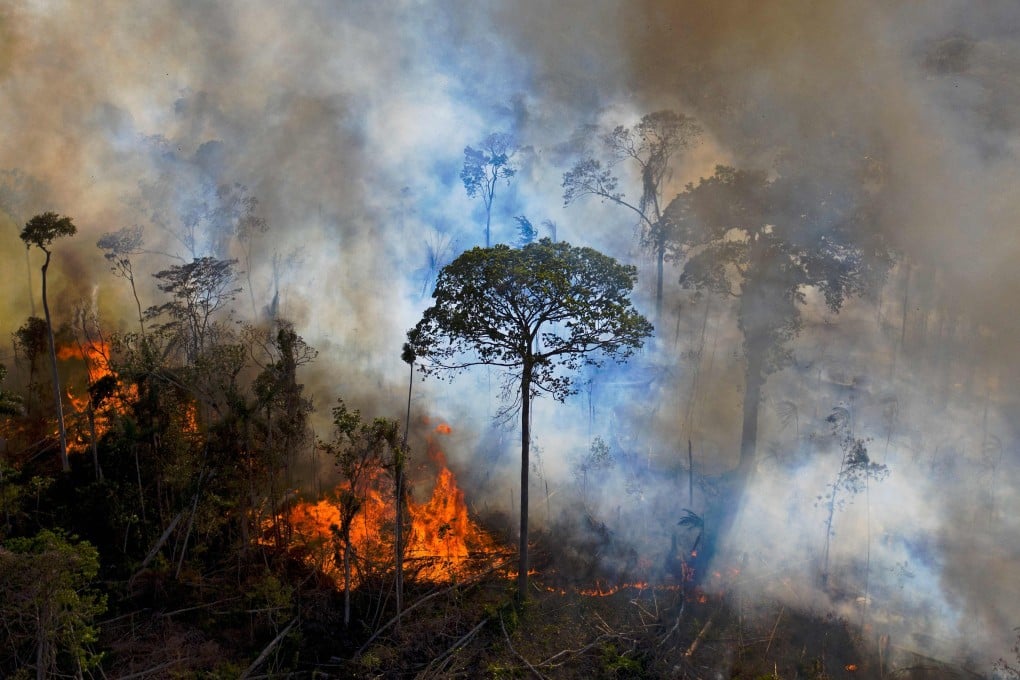Indonesia environmentalists welcome nation’s Brazil, Congo rainforest pact but say much more is needed to curb emissions
- ‘Green’ campaigners are glad the three countries will work together for the planet on ‘Opec for rainforests’, with rich countries paying if vital sites are protected
- But they worry about transparency, rule enforcement, rights of indigenous people, amid backdrop of Jakarta’s plan to fell more trees for large-scale food programme

Environmentalists in Indonesia are welcoming the new alliance formed between the nation, Brazil and the Democratic Republic of the Congo – the world’s three biggest rainforest countries – but warn the partnership needs transparent new payment mechanisms and far stronger rule enforcement to fully protect our planet’s tropical jungles and reduce carbon emissions.
The three nations are home to 52 per cent of the world’s rainforests, with Brazil holding the largest share and Indonesia the least. The alliance, nicknamed ‘Opec for rainforests’ (Opec being the multinational organisation coordinating fossil fuel production and exports), aims to seek a new and sustainable funding mechanism.
The idea is that rich countries in the Global North pay compensation to the three countries for their rainforest conservation efforts, which would help to reduce threats from agriculture, like growing specific trees for palm oil production, and from illegal logging.
“We do need cooperation with others to achieve common goals. Alone we can do so little, together we can do so much,” said Indonesia’s Coordinating Minister of Maritime and Investment Affairs, Luhut Binsar Panjaitan, shortly before the G20 Summit in Bali began last month.
